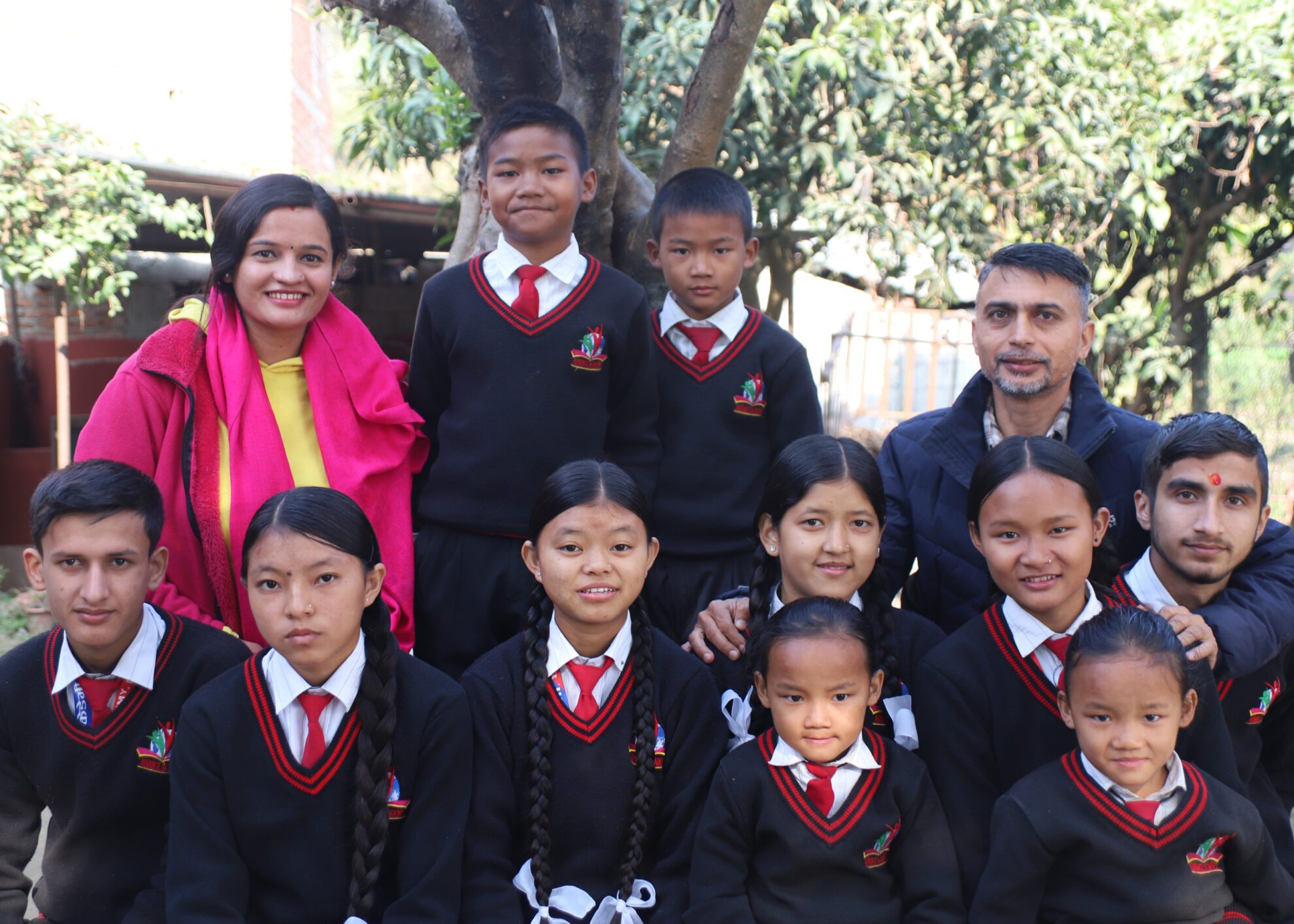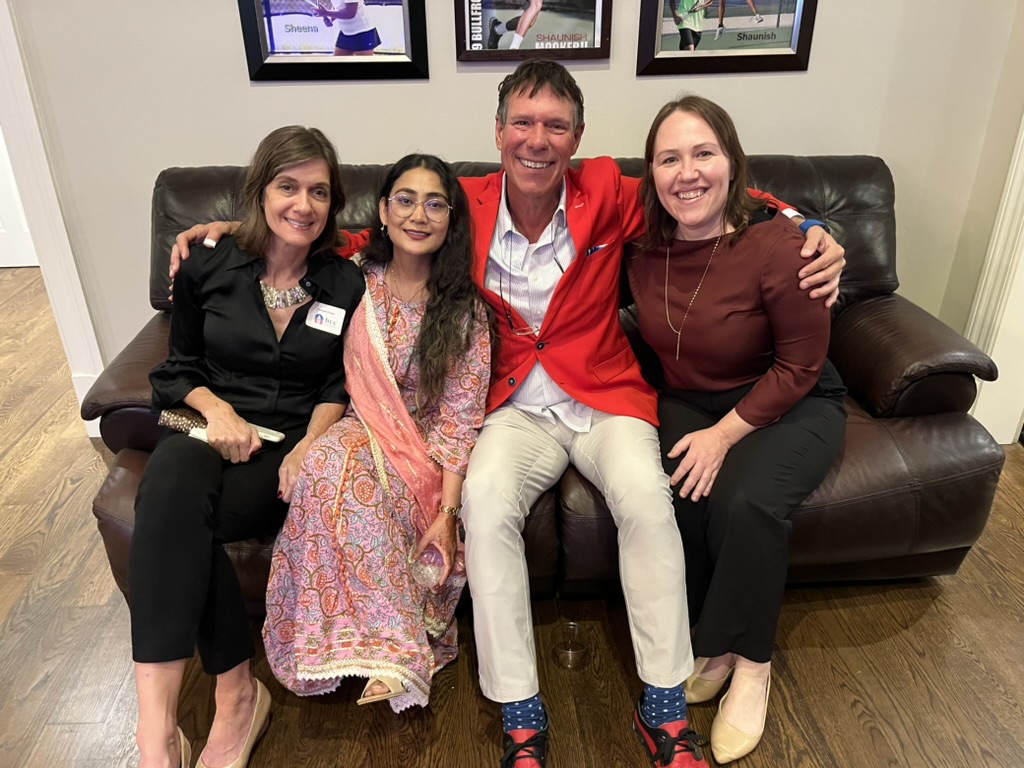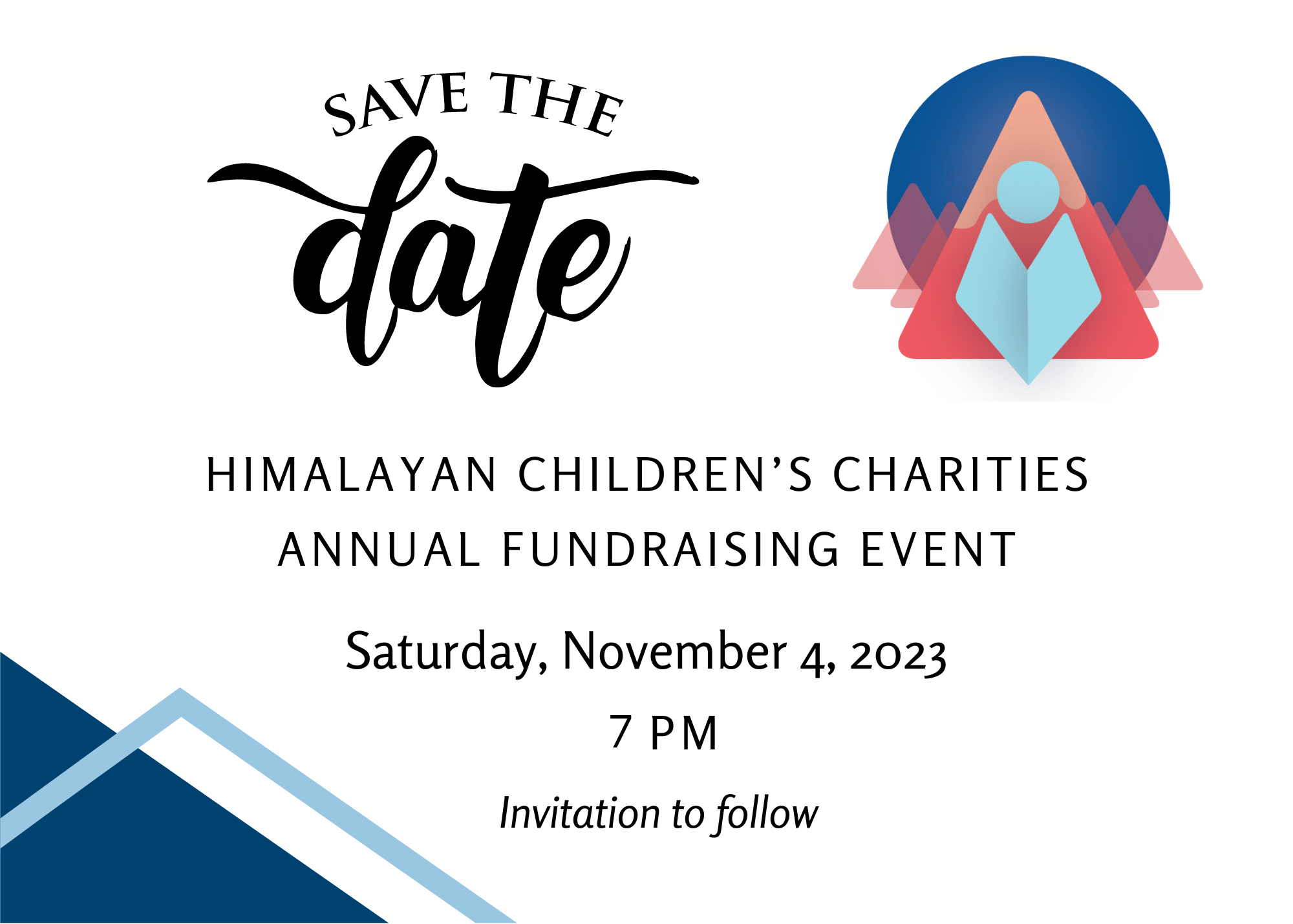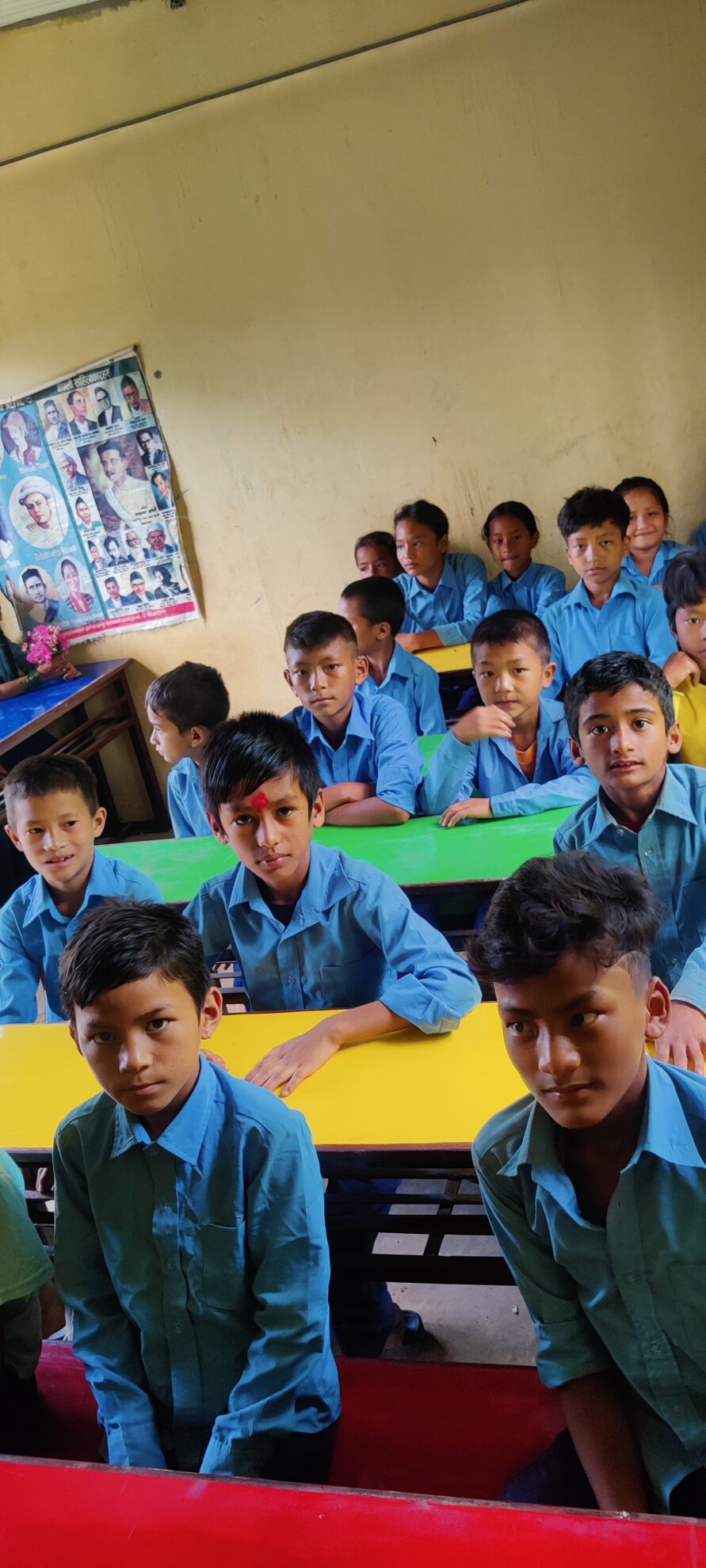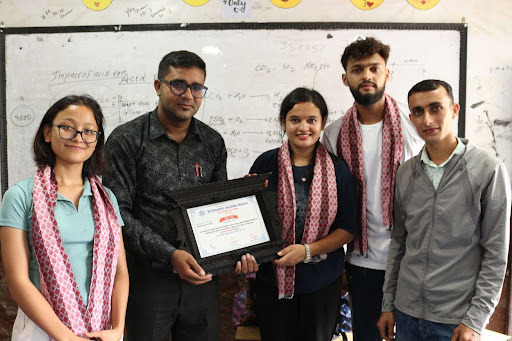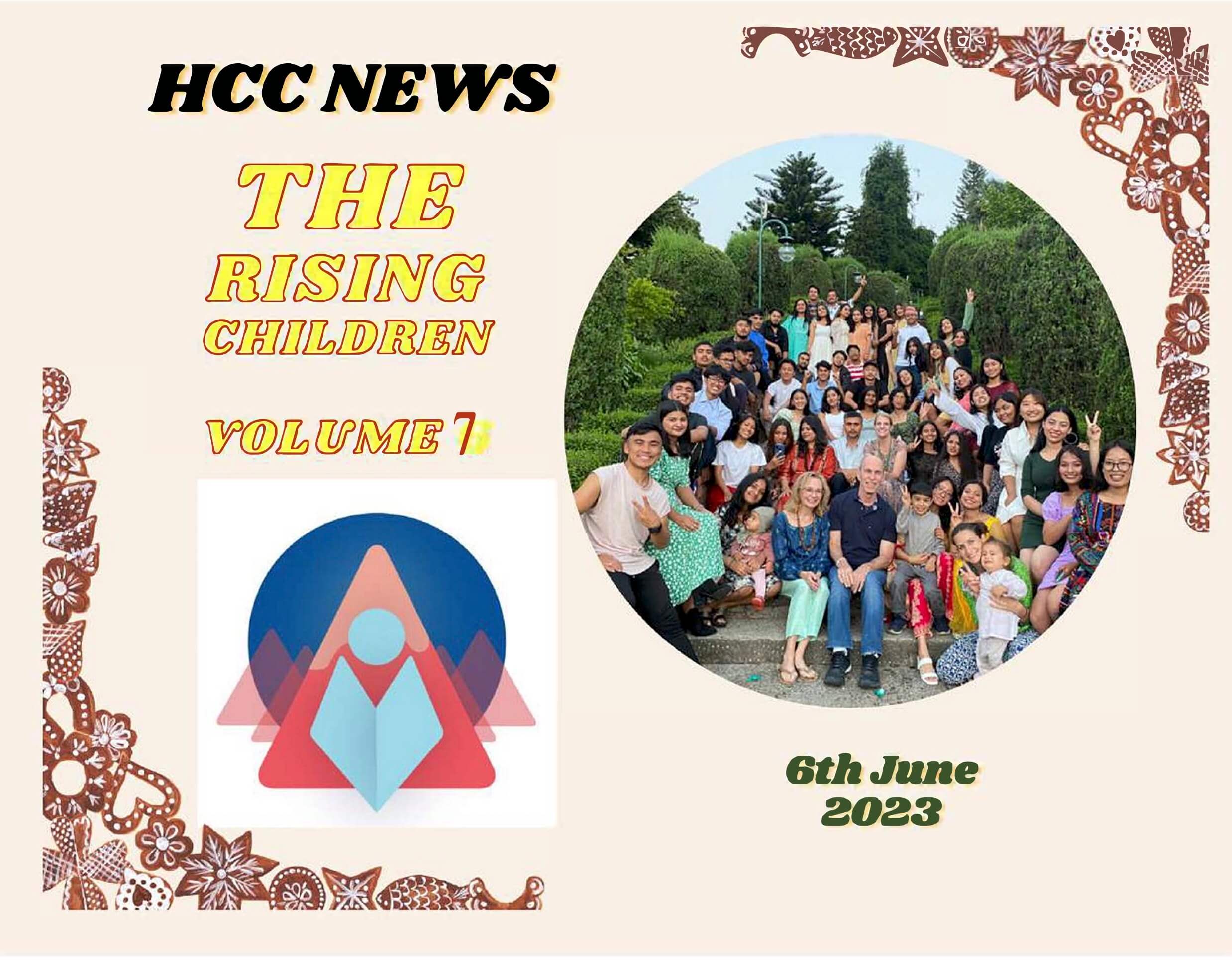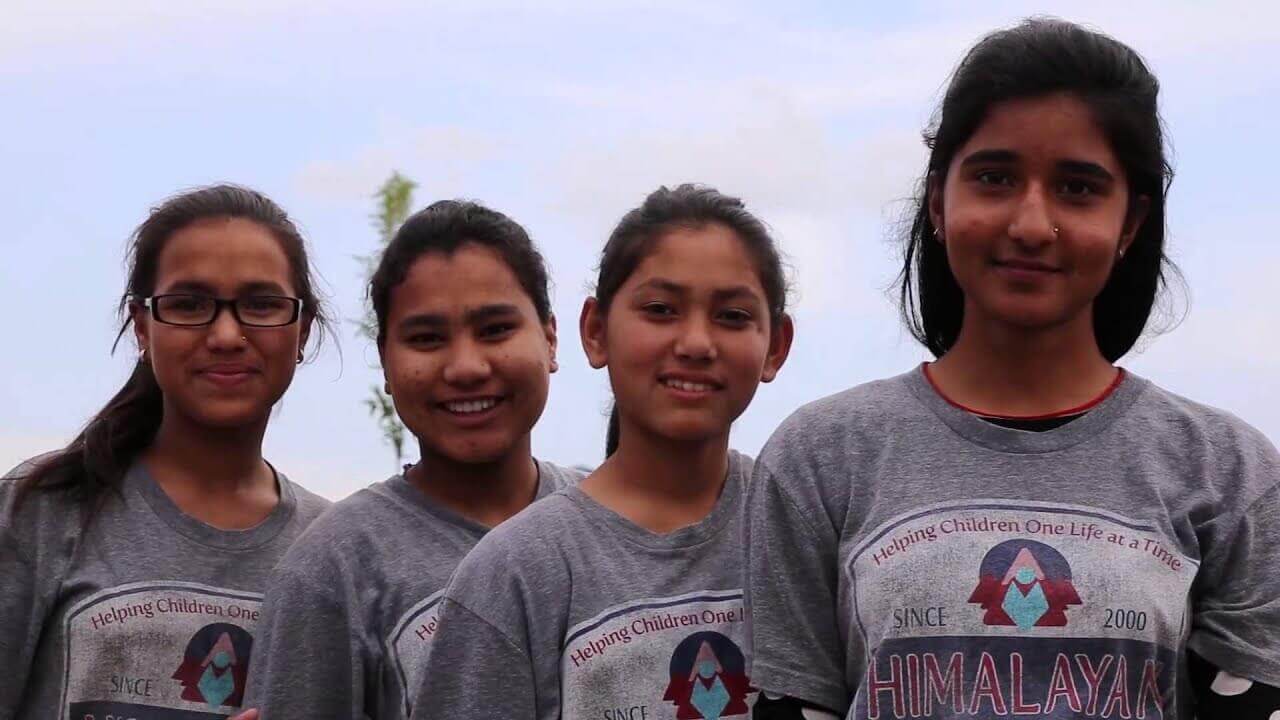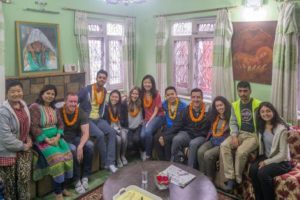
Barsha with the research team
HCC Student Barsha wrote this report about her experience working with a medical research team from the University of British Columbia.
Last month I had my final exams for grade 12, and I did very well. After finishing the exams, I had an opportunity to go to Dang for two weeks, and I was very excited to go as it was my first time in this province.
I went to Dang along with eight researchers from the Nepal Sickle Cell Disease Project from the University of British Columbia (UBC). Sickle-cell is a genetic disease that is widespread among the Tharu people of Nepal in the Terai region. The disease is common in this community, and it is now threatening the existence of the Tharu people. The UBC team are the third group of researchers to come to Nepal to work with the Tharu people, and they focused on how to screen for the disease. Spandan, who had just finished her SEE (Secondary Education Examination) of grade 10, joined me on the trip to Dang. We first took a flight to Bhairawa, and then stopped for a visit to Lumbini. I have always wanted to see Lumbini, so I was very happy to go! We toured Lumbini for 3 hours and then we completed the journey and arrived in Dang in the evening.
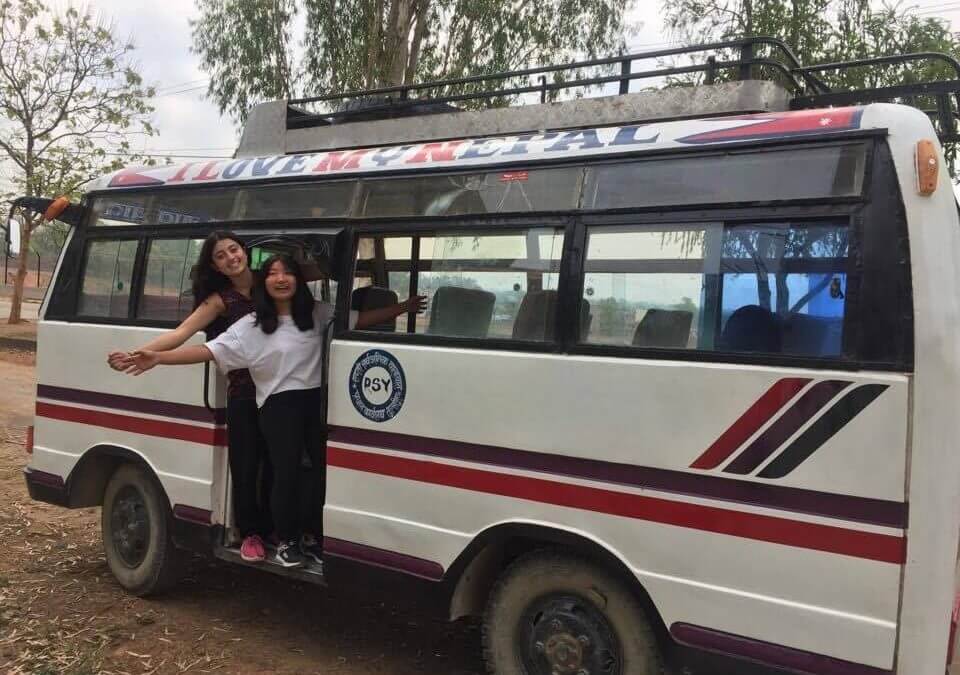
Traveling to Dang
In Dang we first visited UNAKO, a house named for a little girl who died young from pneumonia. Afterward, we joined the UBC team and went to schools to help teach about sickle cell disease and how to manage it. I helped to translate between English and Nepali, but it was often very difficult because many of the students mainly spoke the Tharu language. The next day we went back to the schools to continue teaching about sickle cell.
The UCB sickle-cell team were very generous, kind and caring. I helped translate questionnaires given to the villagers that asked about the health problems in their community. We did two sickle-cell teaching sessions in a day for three days, and in these sessions, there were many people speaking Tharu. It was challenging to try to translate, but we managed to do it with the help of the CPN staff. We also spent time with a group of mothers to teach them about sickle-cell. It was very fun to teach them, and at the same time it was broadcast live on the radio, so we were also very nervous! We also performed a teaching drama to multiple groups to help improve their knowledge of sickle-cell. I was grateful for the hospitality we received from everyone in the village, we even had time for some fun, and danced in the song ‘Nira’. This was a very memorable trip and I was happy to go!
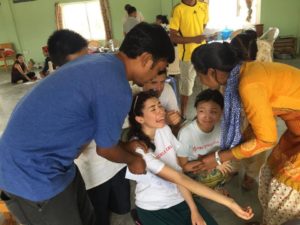
Teaching about sickle cell
Though I am a student focusing on management, I was very interested to learn about the health-related issues of the Tharu community. The health condition of many people was poor and the facilities were not good enough to treat their problems. It is very difficult for them to even get medicine for a headache, and for better treatment, they would have to travel a far distance. In the cases of emergency, the patient has a higher chance to die on the way to get help. This scenario touched my heart and made me realize that I should work even harder to achieve something great in life. It also made me very thankful for the opportunities that I am getting, and I would like to thank Deepa didi, Sarita didi and Shyam dai for taking care of us on the trip.


